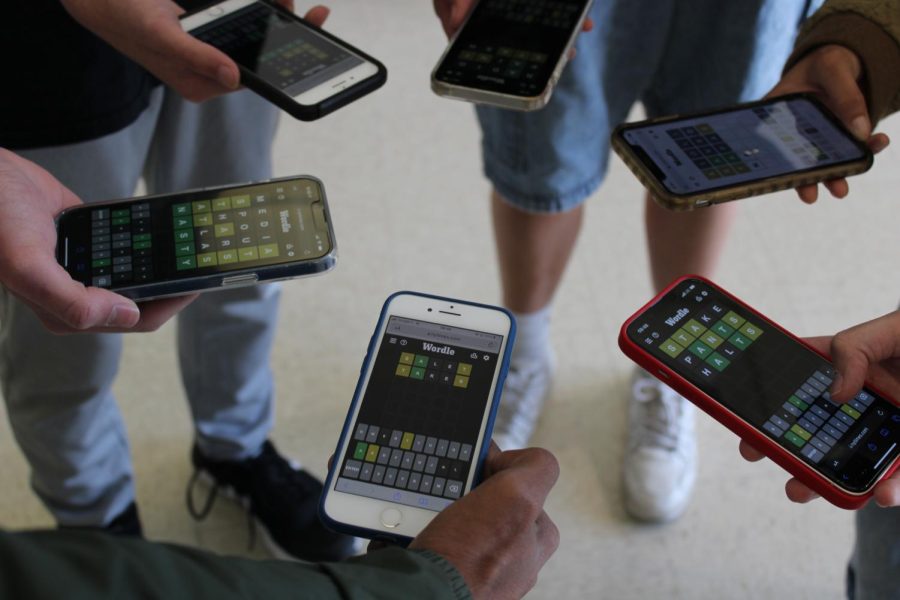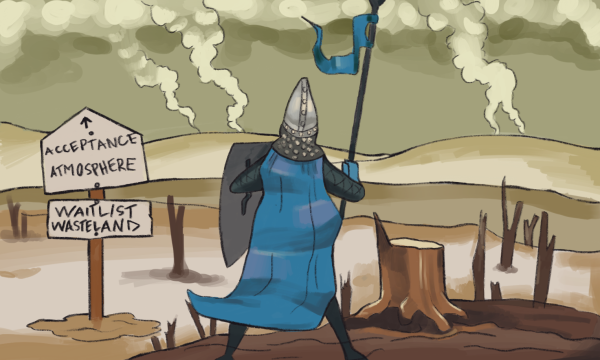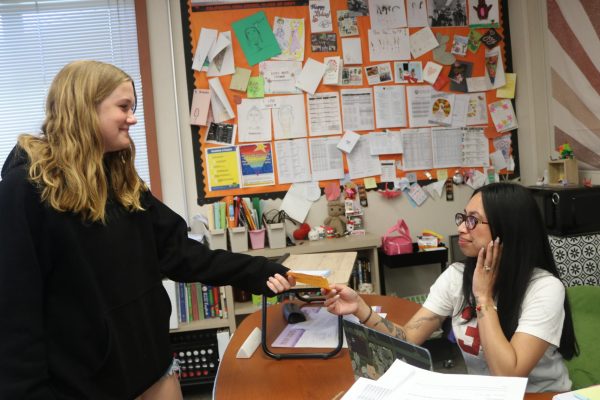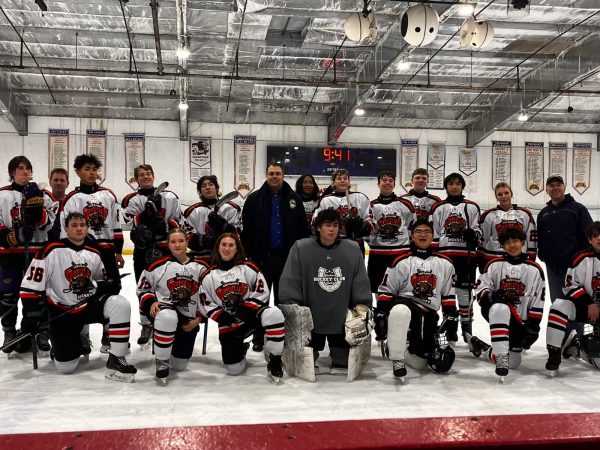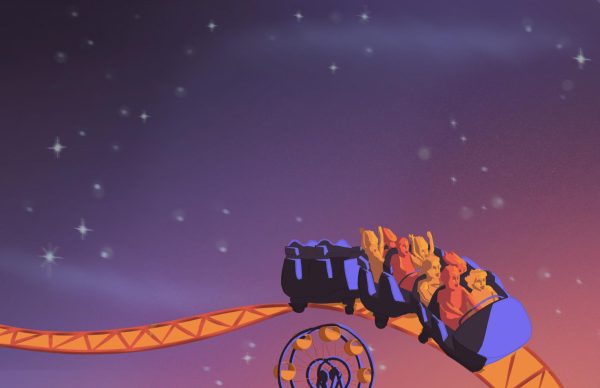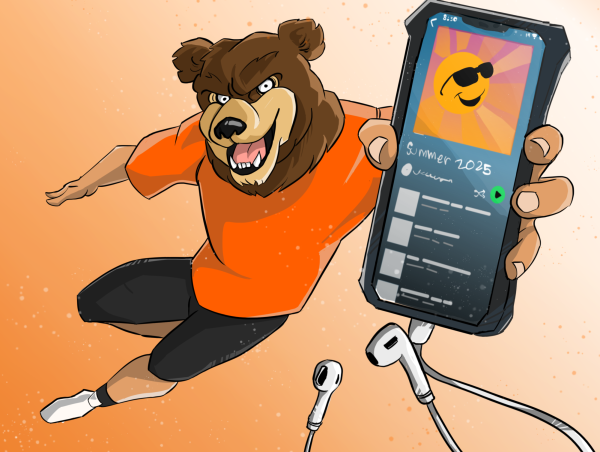Wordle pops off
Word game has become newest daily addiction for Cal students
Students playing Wordle huddle around with their phones, hoping to get today’s word right.
Not too long ago, sudoku and crossword puzzles seemed like the only representatives for the long exhausted grid games.
Then came Wordle, an unadorned, quick word game that planted itself into everyone’s mornings.
Designed in 2020 by Josh Wardle, who created the game for his wife, Wordle involves guessing a five-letter word in six tries. For each attempt, correctly placed letters are highlighted in green, letters in the word but the wrong position are in yellow, and incorrect letters stay gray.
According to The New York Times, when Wordle was released in October 2021, it had a measly 90 players the following month. Today, the number of users is more than 2 million.
Much of its popularity is attributed to its minimalist approach to challenge a person’s brain.
“I think the really big thing is when the letters start turning over, and you see that they’re green [and] it just sparks a different [type of] serotonin inside of you,” senior Aine Keenan said. “It’s like when you eat really good food, and it has that special taste that gets you addicted.”
Wordle has also increased in the terms of popularity because of how quick it is to compare results with other players. Its built-in share function doesn’t spoil the answers, and instead shows a player’s grid of colored squares and the number of tries it took a player to figure out the word.
In fact, most players are dragged in by hopefuls striving to compete against them.
“A lot of my friends were playing it, and I thought it was kind of interesting too, so I started,” junior Srinidhi Kanchi Krishnamachari said.
Wordle limits players to one word daily, so a missed chance to surpass someone has to wait until the next day. Failing in six tries or skipping also means losing an ever-important streak, and it’s disappointing if a player can hardly commit to even a five-letter word.
“It doesn’t take too much time but allows you to get your brain going,” sophomore Yutong Zhen said. “You don’t get tired of its length and look forward to it every day.”
But simple rules don’t equate to little strategy. Popular first-try words include “crane” to eliminate the most prevalent consonants and “audio” for vowels.
“I usually use ‘adieu’, and then my second word is ‘snort’,” senior Leah Keswani said.
Once a few letters are on the board, checking a specific pair seems to be the move.
“Sometimes, I’ll underline letters on paper and think, ‘What could be here?’ and list them,” Keenan said.
The game’s appeal also stems from being easy enough for a wide audience to enjoy, but long-time players of the game have argued that rarer words are being chosen after the game was purchased from Wardle by The New York Times in January for more than $1 million, according to a Times story.
Hotly discussed words include “cynic”, “rupee”, and “brine”.
“I felt like the words were very odd. ‘Bloke’ was unfair because it was informal,” Keswani said. “But I think it’s fine now. They’ve taken the criticism.”
Though a few days have stood out, The New York Times hasn’t been testing people’s vocabulary to a dictionary level.
“The Times said the only change it made was removing a few words that were thought to be too obscure, thereby actually making Wordle a bit easier,” according to a Mashable story.
Some players say they’ve barely noticed a difference in difficulty of the words.
“I don’t think we can blame The New York Times,” Zhen said. “Even if [Wordle] is harder, it will make the game more interesting. There’s only so many common words they can use.”
Wardle, the game creator, said in a story by The New York Times that the paper partially inspired the creation of Wordle even before hosting it through its Spelling Bee game.
But most people aren’t looking forward to it following the footsteps of the Times’ other games in terms of requiring a subscription.
“Now that more people are playing it, [Wordle] definitely might turn into an app if they think it’ll keep going,” Krishnamachari said. “I hope it stays free though.”
Whether Wordle’s reign without a paywall is short-lived, it has made an impact, and not only in daily routines. Wordle has also linked families together.
“My aunt told my dad that she likes to play Wordle, and she lives in Ireland and she’s 60,” Keenan said. “She plays Wordle, so I play Wordle. I started to get more into it, and I play every day.”
Wordle continues to hold an iron-tight grip on Cal, and the popularity of the game doesn’t seem to be letting up any time soon.
“Once you start doing it, you want more and more and more and more,” said Krishnamachari.

Senior Shravya Salem Sathish is in for Round 3 of The Californian, now as Opinions Editor. This year, she’s looking forward to tackling more exciting...

Ryan Syms is a junior at Cal High. He loves to take photos and he is a photographer for the Californian this year.
